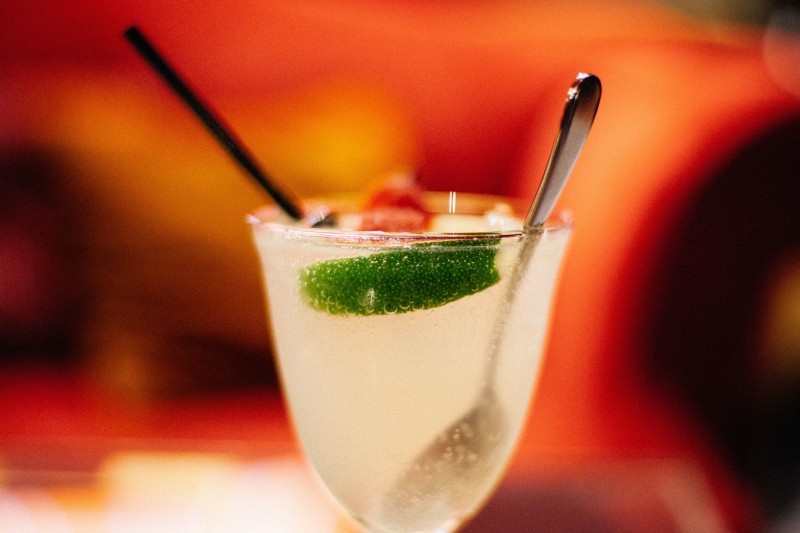
Most caregivers are not able to detect the early warnings of dehydration in senior people. This is because the elderly people don’t get thirsty as often as other adults, and thirst is an early sign of mild dehydration. The water levels in the body decrease as a person ages. Professionals have discovered that the water levels in men drop from 60% to 52% and 52% to 46% in women. This means that senior people who are over 60 years can lose less water before their bodies get dehydrated. Some medications, neurologic conditions, and chronic diseases can accelerate dehydration.
Risks of Dehydration for Senior People
There are many risk factors that accelerate dehydration and caregivers should watch out for them. Understanding some of these risk factors can help your patients to lower the possibility of dehydration. Some of the risks include:
-Obesity
-Excessive sweating, diarrhea, and vomiting
-Swallowing problems that can be caused by dementia, stroke, or Parkinson’s disease
-Senior patients over 80 years of age
-Suffering from many chronic diseases
-Reduced drinking due to incontinence fear
Consuming several prescribed medications
Chronic dehydration in senior people is not always apparent, and this can cause problems on their bodies. For example, research on elderly patients has shown that elderly people who are suffering from dehydration increase the risks of urinary tract infections, kidney stones, respiratory tract infection, constipation, and medicine toxicity. Evidence collected by these professionals has also indicated that dehydration can cause an increase in falls and prolong the number of times people spend in rehab.
4 Ways to Prevent Dehydration in Senior Patients
-Your patients should avoid alcoholic drinks, coffee, and drinks that have high levels of proteins. If taken, they should be in low amounts.
-Educate your patients and other caregivers about the early signs of dehydration. Some of the warning signs include dizziness, headaches, dry skin, mouth, and nose, fatigue, and dark urine.
-To help meet the water needs of your patients, encourage them to take foods high in water like vegetables, fresh fruits, and dairy products.
-The fear of incontinence can lead to your patients not taking enough water. Therefore, encourage them to take more water during the day and less before they go to bed.
Mocktail Drink Recipes to Keep Your Elderly Patients Hydrated this Summer
Drinking water throughout the day can get boring especially to senior people. However, you can use these mocktail recipes to keep them hydrated throughout summer.
Cran-Apple Cider
Brim the glass with cinnamon sugar and mix equal amounts of apple cider with cranberry juice. You can also enhance the drink with cinnamon or rock-candy swizzle stick for additional flavor.
Cucumber Mojito
You can easily get a mojito flavored beverage mix in your local grocery store. Dissolve the dry beverage mix in cold water using a pitcher, and add ice cubes and cucumber slices.
Sparkling Sangria
Add sliced apples, oranges, frozen grapes, and strawberries in your sparkling grape juice. Stir and then flavor your drink with frozen grapes.
During the summer vacation, bon appetite is a way of life and not just a saying. However, be careful and look out for your patient’s health issues. Ensure you check with their physicians in case you have any questions.
There is no ads to display, Please add some

